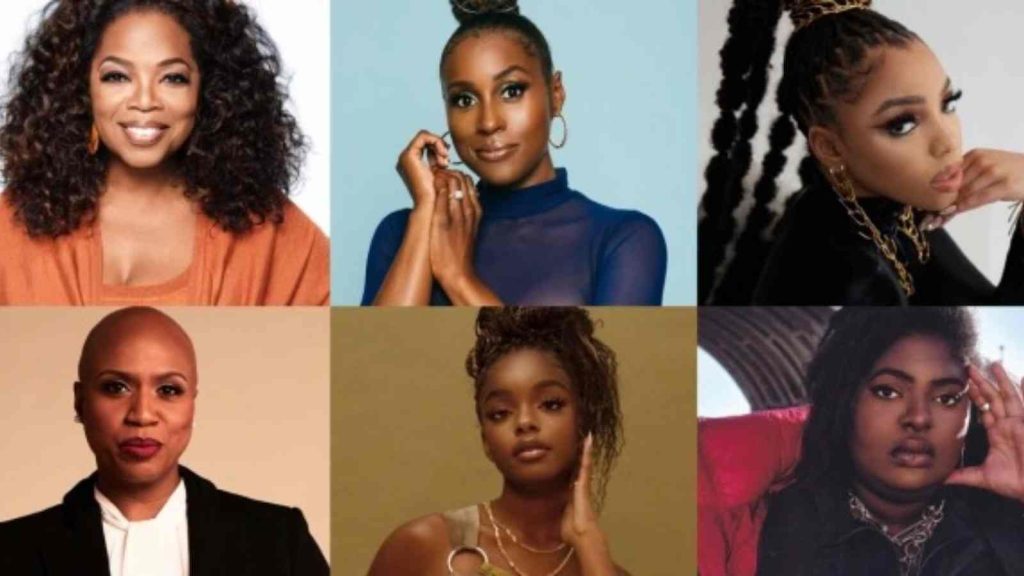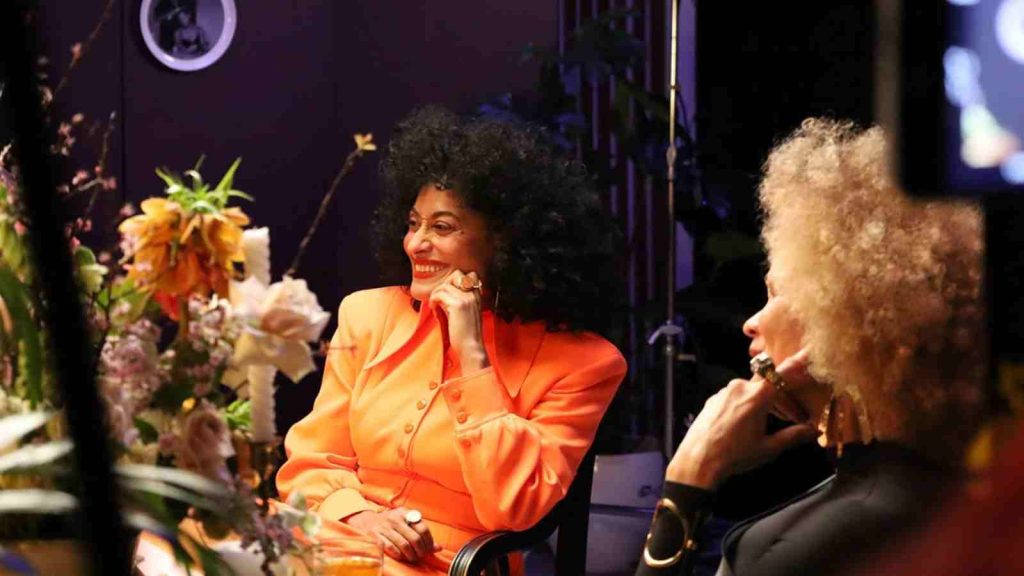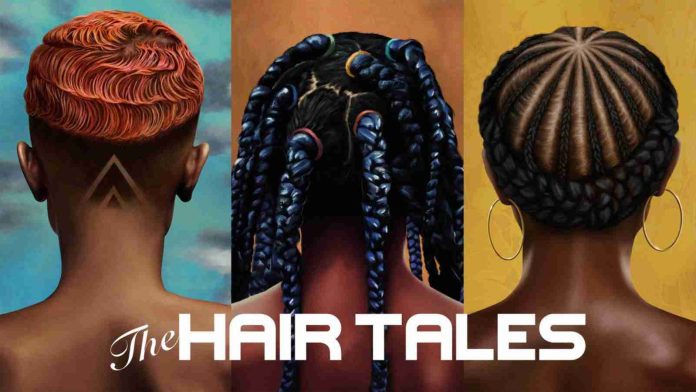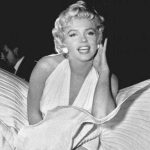The limited Hulu series, ‘Hair Tales’ is a collaborative production between Oprah Winfrey’s OWN network, Disney’s Onyx Collective and Culture House. Tracee Ellis Ross hosts the show which celebrates the history of Black hair as a site of connection and self-reflection. The host interviews various blackwomen and talk to them about their relationship with their hair.
In the show, the collective experiences shared by Black women is brought into notice. Fittingly, Culture House produced this show, a Black and brown woman-owned production company. It focuses on storytelling for film and television with particular or cultural resonance. Know more about the new Hulu series that celebrates the Black culture.
Read More: Viola Davis’ Memoir Is Inspired By Her Experiences Of The Racism, Poverty, And Colorism
Everything To Know About ‘Hair Tales’

‘Hair Tales’ is a six-episode docuseries, executive produced by Oprah Winfrey, Tracee Ellis Ross, and Michaela Angela Davis. It centres and celebrates six different Black women — Issa Rae, Rep. Ayanna Pressley, CHIKA, Marsai Martin, Chloe Bailey, and Oprah Winfrey. The series explores their unique yet similar understandings of beauty and identity through their hair.
Ross serves as host and a chorus of academics, hairdressers, and cultural icons also join her. “We really wanted to express the fullness and the expansiveness of our identities – all the different ways that we wear our hair, all the different skin tones, all the pieces of who we are,” Ross told The Hollywood Reporter.
“This was an intentional series where we [set out] to contextualize,” Ross says. “Our experience not only through the stories that we tell each other but also by bringing in scholars and allowing them to give genuine historical context to so much of the experiences that we have.”
Read More: Why Oprah Winfrey Never Married Stedman Graham Despite Being Together For 36 Years?
Why Talking About Hair Is Important?

Hair is often dismissed as a superficial concern. The preciousness of Black hair is made more complicated to the extent that many seem to suggest it’s difficult to straighten the tangled kinks of its history in society. However, Black hair is always under scrutiny, wrapped up in judgment and discomfort.
Chemical perms and hot comb presses have long been (mis)understood as a form of assimilation — as a bowing to Eurocentric beauty standards. Conversely, more Afrocentric hairstyles like afros, dreadlocks and cornrows have been met with discrimination, oftentimes in schools and the workplace.
“This is a story that is urgent at every moment. It is a love letter to black women. And it is an intentional and intimate discovery of the humanity of Black women told through the metaphor of our hair,” Ross says. “I feel like our hair is a portal into our souls. And the thing that feels particularly important now is that the experience of Black women is often told through struggle, hardship, and difficulty, which is part of the experience. But our humanity is also filled with joy, celebration and beauty.”
Read More: Viola Davis Net Worth: How Wealthy Is ‘The Woman King’ Star?





